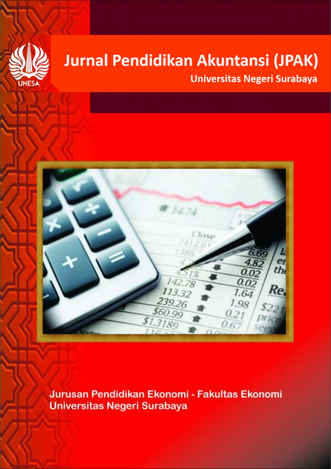Pengaruh Uang Saku, Teman Sebaya, Lingkungan Sekitar Terhadap Pengendalian Diri Mahasiswa Dalam Pengelolaan Keuangan Di Era Covid-19
DOI:
https://doi.org/10.26740/jpak.v9n2.p158-167Keywords:
Financial management; peers; pocket money; self-controlAbstract
Student self-control when managing finances today is dependent on pocket money, peers, and the surrounding environment. In terms of managing finances, students need to control themselves with three factors, namely; Pocket money, Peers, and The Neighborhood. This study aims to find out the influence of pocket money, peers, and the surrounding environment as variable moderators. This research uses quantitative research. Data collection using questionnaires with a population of 100 undergraduate students from various universities in Indonesia. Sample techniques that will be used Simple Random Sampling Techniques, with the criteria used are undergraduate students who are still active in lectures. The data analysis used is multiple linear analysis. The results prove 1) pocket money significantly negatively affects students' self-control in financial management 2) Peers significantly positively affect financial management 3) The surrounding environment has a significant positive influence on students' self-control. The results showed that pocket money, peers, and the surrounding environment simultaneously have a significant influence on students' self-control in financial management in the era of covid-19.
Downloads
Downloads
Published
How to Cite
Issue
Section
License
Authors who publish with this journal agree to the following terms:
- Authors retain copyright and grant the journal right of first publication with the work simultaneously licensed under a Creative Commons Attribution License that allows others to share the work with an acknowledgement of the work's authorship and initial publication in this journal.
- Authors are able to enter into separate, additional contractual arrangements for the non-exclusive distribution of the journal's published version of the work (e.g., post it to an institutional repository or publish it in a book), with an acknowledgement of its initial publication in this journal.
- Authors are permitted and encouraged to post their work online (e.g., in institutional repositories or on their website) prior to and during the submission process, as it can lead to productive exchanges, as well as earlier and greater citation of published work (See The Effect of Open Access).

Jurnal Pendidikan Akuntansi (JPAK) is licensed under a Creative Commons Attribution-NonCommercial 4.0 International License.
 Abstract views: 1865
,
Abstract views: 1865
, PDF Downloads: 1791
PDF Downloads: 1791



